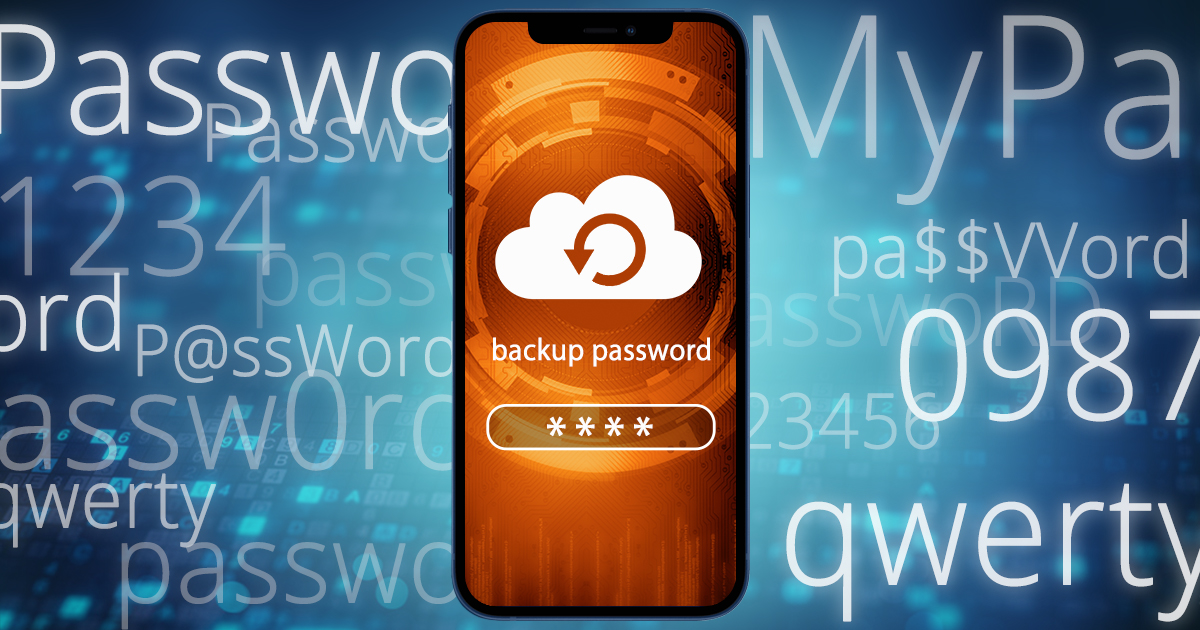 We runned yet another Password Usage Bahaviour survey on our Web site and gthered statistically significant data, reflected in the following charts. And the main conclusion was that most people working with sensitive information want stricter security policies but rarely bother changing default passwords.
We runned yet another Password Usage Bahaviour survey on our Web site and gthered statistically significant data, reflected in the following charts. And the main conclusion was that most people working with sensitive information want stricter security policies but rarely bother changing default passwords.
Less than 50% of all respondents come from Computer Law, Educational, Financial, Forensics, Government, Military and Scientific organizations. The larger half of respondents comes from ‘Other’ type of organizations.
Less than 30% of respondents indicated they have never forgotten a password. Most frequently quoted reasons for losing a password to a resource would be infrequent use of a resource (28%), not writing it down (16%), returning from a vacation (13%).
Only about 25% of all respondents indicated they change their passwords regularly. The rest will either change their passwords infrequently (24%), sporadically or almost never.
The quiz revealed a serious issue with how most respondents handle default passwords (passwords that are automatically generated or assigned to their accounts by system administrators). Only 28% of respondents would always change the default password, while more than 50% would usually keep the assigned one. In ElcomSoft’s view, this information should really raise an alert with IT security staff and call for a password security audit. ElcomSoft offers a relevant tool, Proactive Password Auditor, allowing organizations performing an audit of their network account passwords.
Unsurprisingly for a sample with given background, most respondents weren’t happy about their organizations’ security policies, being in either full or partial disagreement with their employer’s current policy (61%). 76% of all respondents indicated they wanted a stricter security policy, while 24% would want a looser one. The surprising part is discovered in the next chart: of those who are fully content with their employers’ security policies, only 11% would leave it as it is, 20% would vote for a looser policy, and 69% would rather have a stricter security policy.
The complete results and charts are available at http://www.elcomsoft.com/PR/quiz-charts.pdf



